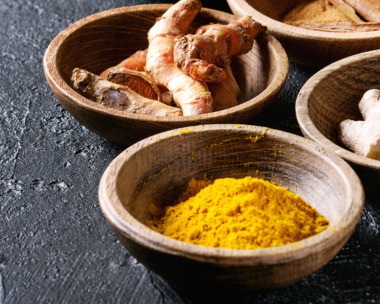In some countries they’re banned. In Australia, our federal government is advocating the reduction of them in our food supply. So what are trans fats? And why do we need to avoid them?
Trans fats are formed when an unsaturated fat (a good type of fat) undergoes a process called hydrogenation. This changes it from being a liquid at room temperature to being a solid fat. In this process, extra hydrogen is added to the unsaturated fat, which makes it similar in structure to a saturated fat (a bad type of fat).
Trans fats can increase cholesterol levels by increasing the bad cholesterol (LDL) and reducing the good cholesterol (HDL) that “mops” up bad cholesterol. Trans fats are considered worse than saturated fats because they increase the bad cholesterol and decrease the good, whereas saturated fats only increase the bad cholesterol. Even a small amount of trans fats can increase the risk of heart disease.
By far the main sources of trans fats in our diets are processed foods like fast food, pastries, biscuits, cakes and salty snacks. Trans fats are used in these foods to give them longer shelf lives. Trans fats are also created when margarine is made, although some manufacturers then remove them.
So, how can you screen them from your diet? Follow these simple tips to help ensure you are reducing your exposure and intake of trans fats. This is just one way you and your family can work towards reducing your cholesterol levels and thus help combat heart disease. The good news is that by adopting these recommendations you will also limit your total fat, salt and kilojoule intake — all positive impacts on your diet!
Focus on wholefoods. Eat rich whole plant foods such as fruit, vegetables, wholegrain breads and cereals, legumes, nuts and seeds, which naturally contain no trans fats.
Limit processed foods. Limit or avoid processed foods like fast food, pastries, biscuits, cakes and salty snacks.
Go homemade. Bake low-fat cakes and biscuits at home, using natural ingredients.
Think about spreads. Use trans fat-free margarine and natural spreads like avocado, hummus or tahini.
Reduce trans and saturated fats. The elimination of trans fats is just one way to combat heart disease. Protect your heart by reducing your total bad fat, both saturated and trans fats. Cut off visible fat on meat, choose low-fat dairy products and limit processed foods as discussed above.Your say: How healthy is your diet? How do you avoid eating trans fats? Tell us below.




